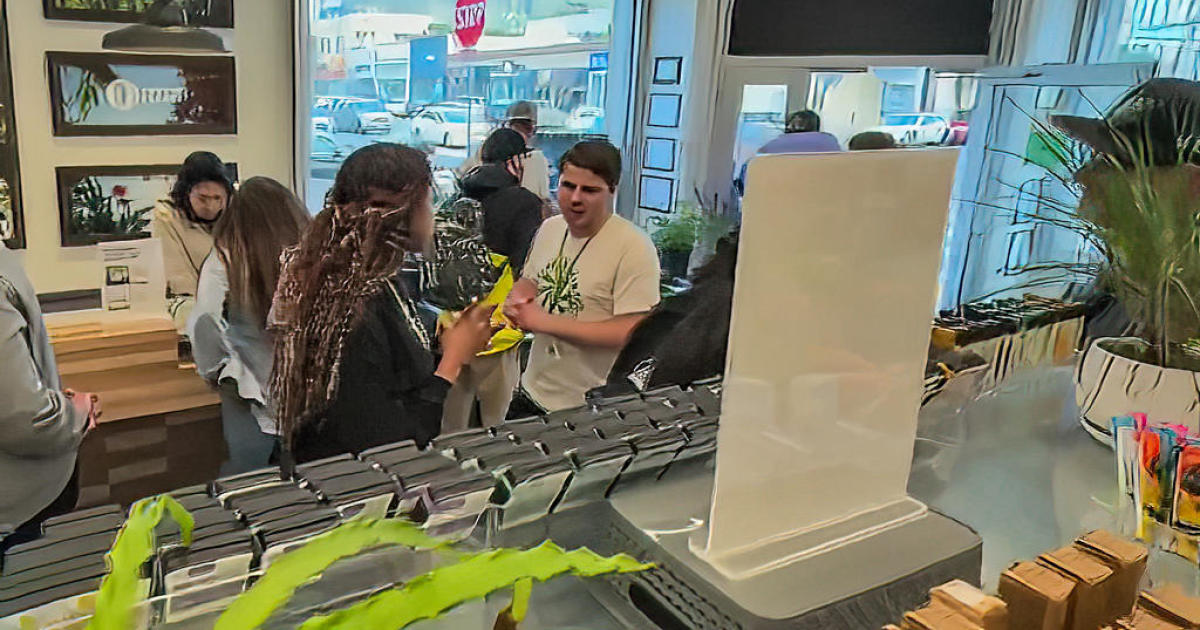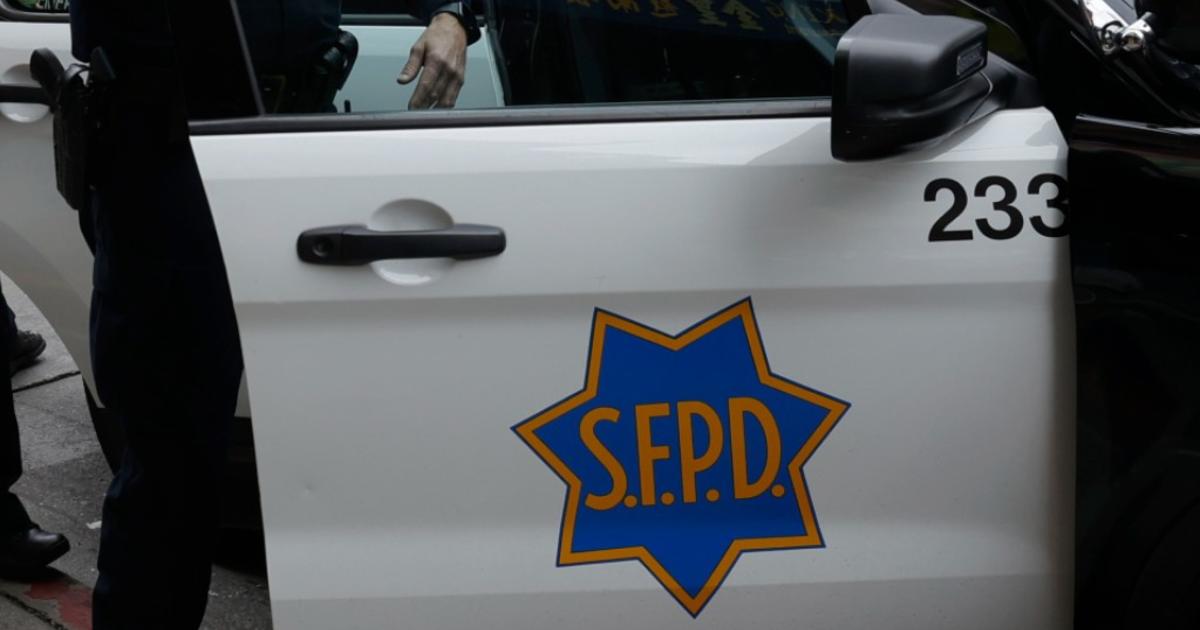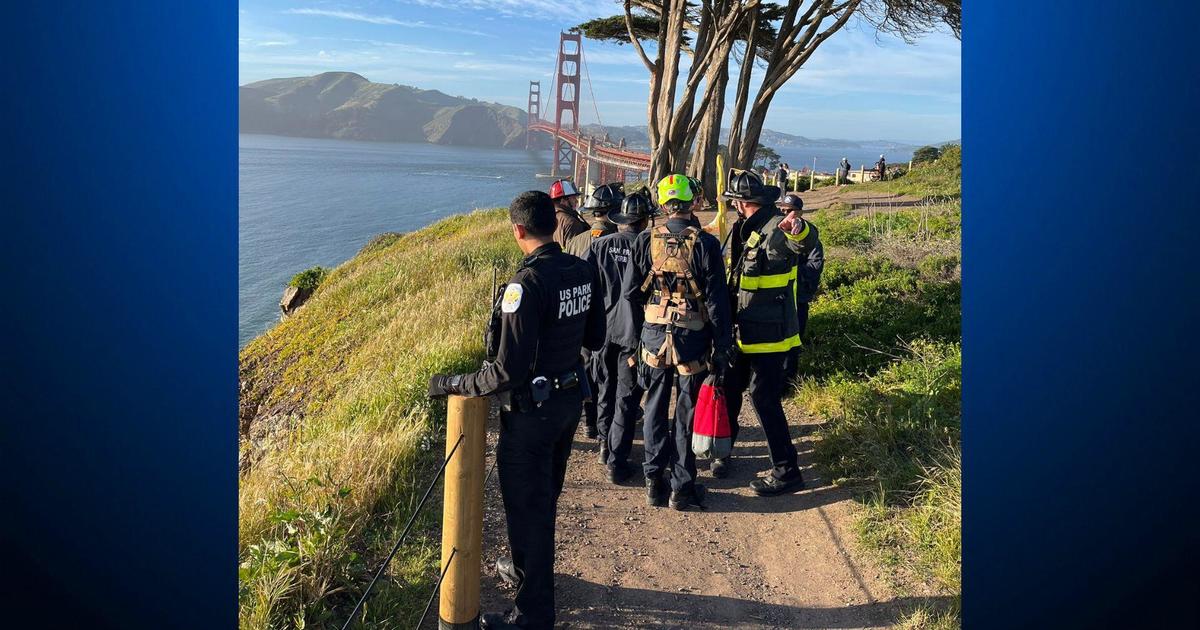KCBS Cover Story Pt. 4: Changes Needed To Fulfill Promise Of Marsy's Law
SAN FRANCISCO (KCBS) - A KCBS investigation has determined that the rights of California crime victims are often ignored, despite the passage five years ago of a landmark law to protect them.
In the conclusion of our special Cover Story series, KCBS reporter Doug Sovern discovers that it may take some changes in policy or a challenge in court to guarantee that those rights are upheld.
Jenny, the victim of an assault near Glen Park BART, never heard of Marsy's Law, until police gave her a "Marsy's Card" explaining her 17 rights as a victim -- rights that were violated -- when the charges were reduced and the defendant released without advance notice to her.
KCBS Cover Story: Marsy's Law, Part Four
"They are not adhering to those rights of a victim," she declared. "Why are they wasting paper if they're not going to adhere to it?"
There isn't anyone who keeps track of how often Californians assert these rights -- or how often they're violated. But, a KCBS investigation has unearthed similar cases in other counties and Todd Spitzer, the former state Assemblyman who led the campaign to pass Marsy's Law, claims violations are indeed common.
"This happens all the time," he said. "In the state of Oregon, there's a case that went to the state Supreme Court, very similar set of circumstances (to Jenny's case) where a victim was not heard before a sentence was handed down. And the court there in Oregon held that the plea was unlawful and that the judge had to nullify the plea deal and the victim had a right to be heard and then the judge would have to reconsider any plea deal in light of the victim's testimony."
The law is named in memory of Marsy Nicholas, a college student murdered by her ex-boyfriend. Her mother was outraged when he was released without any notice. Now, that's illegal -- except Spitzer says, the law is routinely ignored.
"A law on the books means nothing. A law in the Constitution means nothing, unless the individuals out there are telling people about it and they're being enforced by the courts," he said.
The transcript from Jenny's case shows the judge carefully making sure the defendant's rights are observed but he never asks about the victim. The law only requires prosecutors to enforce it, but Meg Garvin, director of the National Crime Victim Law Institute, argues, judges should, too.
"The court should be saying 'did you notify the victim, were they aware of this hearing, did they express a desire to be here and be heard?' before the plea hearing moves forward," she reasoned.
San Francisco District Attorney George Gascon, however, maintains that the misdemeanor conviction of Jenny's attacker was the best possible outcome, and the failure to give Jenny her day in court was a rare mistake.
"The question is not whether you have a mistake but what do you do about that mistake, and we'll look into it and see what we can do to correct the situation," he explained.
KCBS informed Jenny about how the plea deal came about, the fact that judges have 120 days to reconsider a sentence, and the fact that she's entitled to her own attorney.
"You're telling me a lot more than anyone in the victim's services or DA has ever told me," she responded. "I'm learning much more from (KCBS)."
"I would have loved to have (my own lawyer), I would have loved that."
According to Spitzer, she could petition to get her attacker's plea set aside.
"She would have to assert that the plea is unlawful, it's a violation of the state Constitution under Marsy's Law, and as a result of the fact that her Marsy's rights were denied her opportunity to be heard was denied before a sentence was handed down by a judge, that the judge handed down an unlawful sentence," explained Spitzer.
"Undo the proceeding, act like it never happened and do it over," added Garvin.
"I would love to have it reopened and reevaluated," said Jenny.
Unfortunately, San Francisco public defender Jeff Adachi believes nothing in California law would actually allow it.
"Well, Marsy's Law is sort of a right without a direct remedy," he said.
Hear Doug's Cover Story Series, Marsy's Law, at 6:30 a.m., 8:30 a.m., 12:30 p.m., 4:30 p.m., and 9:30 p.m. on KCBS, 740AM & 106.9FM.
(Copyright 2013 by CBS San Francisco. All Rights Reserved. This material may not be published, broadcast, rewritten, or redistributed.)



